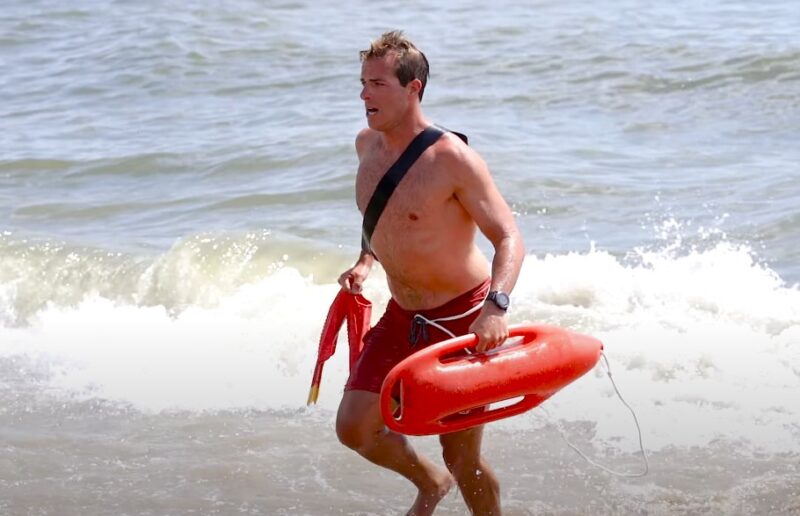To succeed in this competitive field, you need to stand out by honing your abilities and understanding what employers are looking for.
Focusing on training and certifications is crucial.
Courses like those offered by Virginia Beach Parks & Recreation teach essential skills to prevent and respond to aquatic emergencies.
These qualifications not only equip you with the necessary knowledge but also bolster your resume, making you a compelling candidate.
Networking can significantly aid your job search.
Engaging with organizations such as the Virginia Beach Lifeguard Association can provide insights into job openings and expectations from prospective employers.
Table of Contents
Toggle1. Have Certification Ahead
To succeed in this competitive field, you need to stand out by honing your abilities and understanding what employers are looking for.
Focusing on training and certifications is crucial. Courses like those offered by Virginia Beach Parks & Recreation teach essential skills to prevent and respond to aquatic emergencies. These qualifications not only equip you with the necessary knowledge but also bolster your resume, making you a compelling candidate. Additionally, obtaining your certifications through MyCPR NOW ensures you meet the essential requirements to perform life-saving CPR in critical situations.
Engaging with organizations such as the Virginia Beach Lifeguard Association can provide insights into job openings and expectations from prospective employers.
2. A Commitment Beyond Summer – Be More Commited
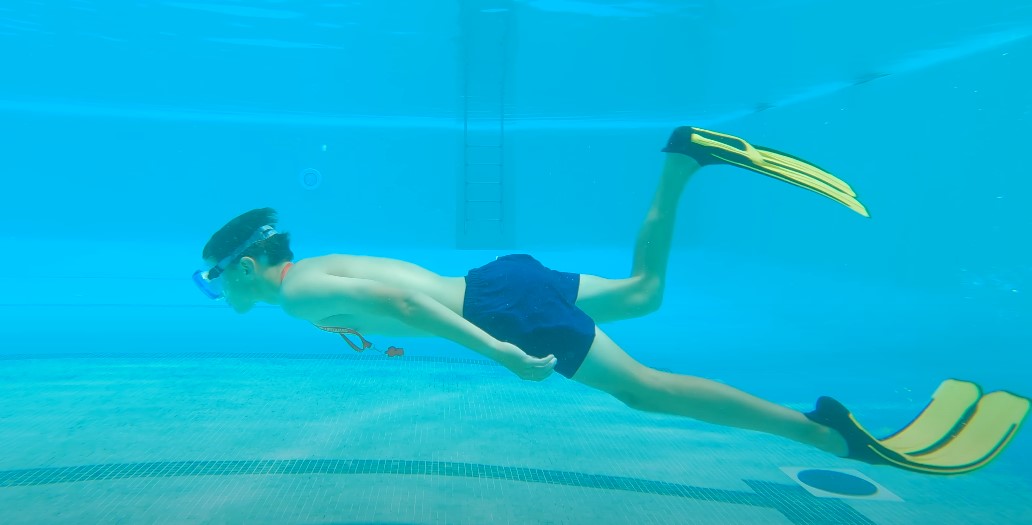
Being a lifeguard involves more than just seasonal work. You will engage in continuous training throughout the year to maintain your lifesaving techniques and physical fitness.
Participating in sports is a key aspect of staying in shape, with competitive swimming being a favored choice among lifeguards.
When you apply, you need to complete specific fitness tests: a run of one mile in under 8:30 and a swim of 550 yards in under 10 minutes.
3. Lifeguards Rescued Hundreds of Individuals Each Year – Bravery
During the previous beach season, lifeguards in Virginia Beach successfully carried out 777 rescues.
he yearly totals may fluctuate, but typically, they save between 400 and 600 people annually. These lifeguards are regarded as heroes by those they’ve helped, demonstrating their crucial role in ensuring safety on the beaches.
4. Key Reasons for Whistle Use – Mindset
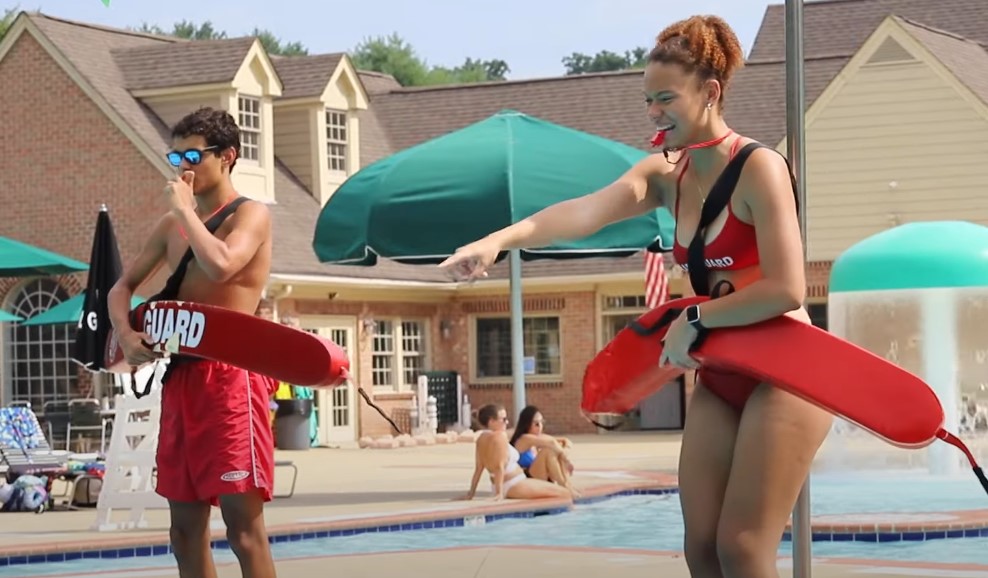
At the beach, lifeguards implement their whistles for two primary reasons:
- Swimmer Safety: When a swimmer ventures too far from shore, the lifeguard will blow the whistle to signal them to return to a safer area. This proactive measure helps prevent panic and ensures everyone remains within a secure distance.
- Path Clearance: If individuals set up their belongings directly in front of the lifeguard stand, a whistle alert serves to clear the rescue path. This precaution is crucial for allowing lifeguards to respond quickly in case of emergencies, ensuring timely assistance for swimmers in distress.
5. Communication Is Essential
Many visitors tend to approach lifeguards for recommendations on where to find the best dining options nearby. Given their local expertise, lifeguards are often seen as reliable sources for quality suggestions.
Another frequent inquiry you might hear is about the fins visible in the water. The usual response you’ll receive is that they belong to dolphins, which are commonly spotted in the area.
6. Swimming Abilities
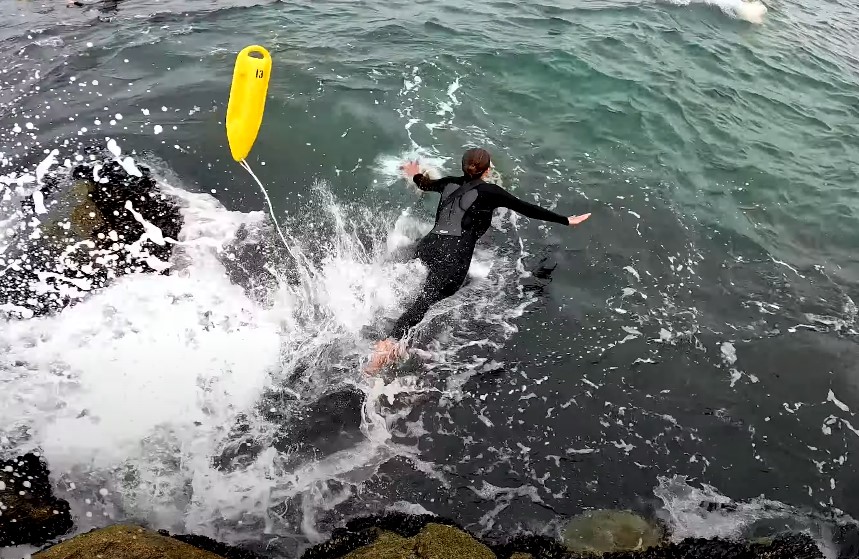
If you’re not confident in your swimming abilities, avoid trying to learn in the ocean. Even when the waves appear calm, they can still pose risks. To ensure your safety, remain in shallow areas.
It’s also advisable to utilize the buddy system. Swimming with a partner not only enhances safety but also adds to the enjoyment of your beach experience. Having someone with you can be invaluable should you encounter difficulties.
Moreover, consider familiarizing yourself with essential safety tips, such as those for surviving a rip current. The lifeguards at Virginia Beach are dedicated professionals who have successfully rescued countless individuals over the years. Their seamless performance often makes it look effortless. Have you or someone you know benefited from their expertise? Your experiences help highlight their vital role in beach safety.
7. Psychological First Aid – Calming the Mind, Not Just the Body
Beyond physical rescues, lifeguards often face situations where psychological first aid is required. Swimmers and beachgoers can experience panic attacks, anxiety, or post-incident trauma. Being equipped to provide calm and reassurance in these moments is a valuable skill.
Key psychological first aid techniques:
- Providing reassurance and clear communication during rescues
- Recognizing the signs of panic or trauma and responding with calm instructions
- Using breathing exercises to help calm distressed individuals before paramedics arrive
8. Tech-Savvy Lifeguarding – Embracing Modern Tools
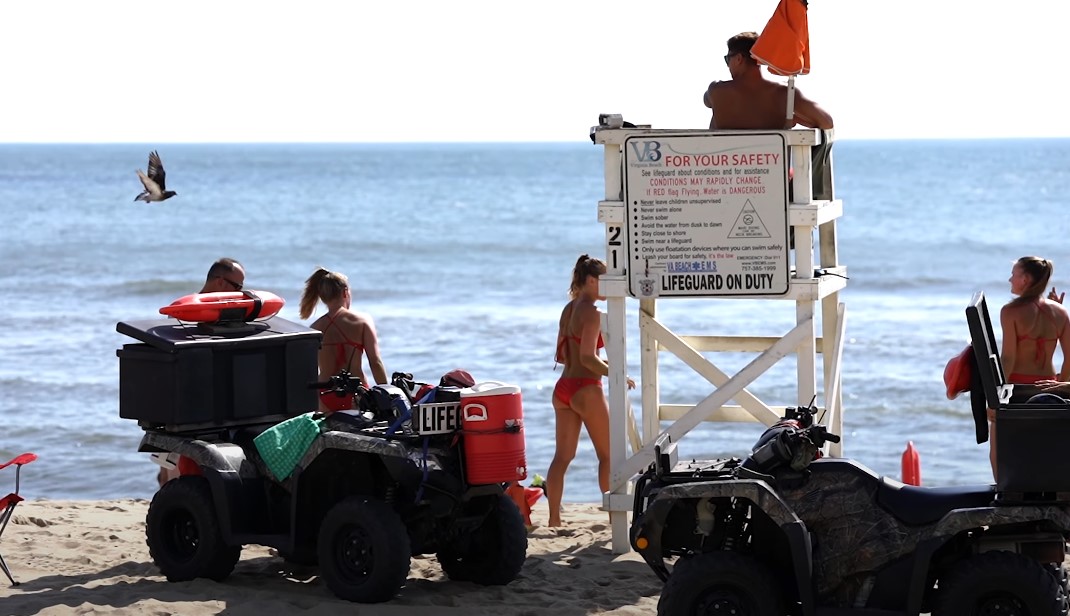
With technology rapidly advancing, modern lifeguards are beginning to use drones, GPS systems, and weather-tracking apps to ensure safety. Embracing this technology can give you a competitive edge, making you an even more effective lifeguard.
Tech tools used in lifeguarding:
- Drones for surveying large beach areas or spotting distressed swimmers
- GPS tracking for quick response and efficient coordination with rescue teams
- Apps to monitor weather patterns, surf conditions, and rip currents in real-time
9. Environmental Stewardship – Caring for More than Just People
A modern lifeguard is not just responsible for people; they’re also stewards of the beach environment. With the increasing focus on sustainability, lifeguards often play a role in environmental protection, such as advising beachgoers on proper waste disposal, protecting wildlife, and helping maintain clean beaches.
How lifeguards can contribute to environmental efforts:
- Educating visitors on beach clean-up and respecting wildlife
- Monitoring for pollution or debris that could harm swimmers
- Collaborating with local environmental groups for beach conservation
10. Cross-Training with Other Emergency Services
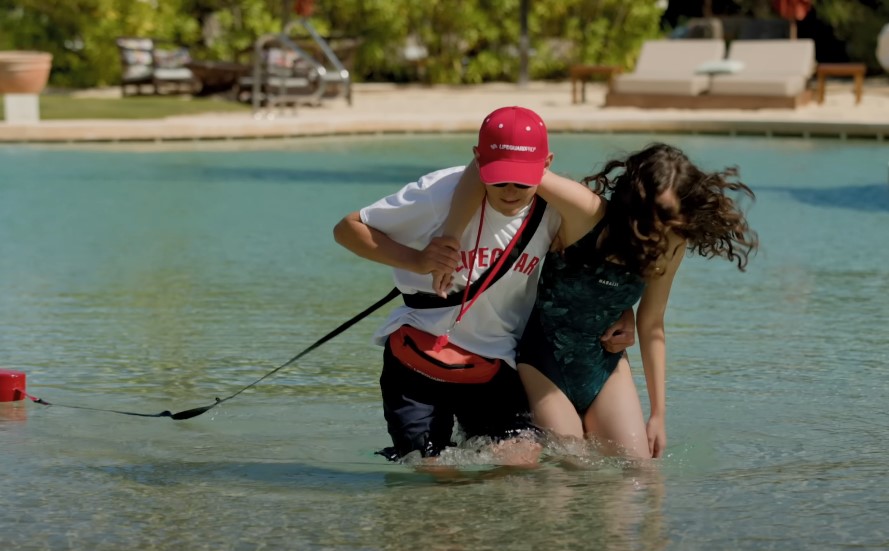
Modern lifeguards often collaborate with firefighters, police, and medical teams in emergencies. Cross-training with these professionals can elevate your ability to manage complex situations. Having insight into how other emergency services operate makes you a more versatile and valuable member of the team.
Benefits of cross-training:
- Understanding paramedic procedures for faster hand-offs in medical situations
- Coordinating with police during search and rescue or missing persons cases
- Learning fire department protocols for fire or environmental hazards on the beach
Related Posts:
- Virginia's Venomous Snakes: Identification and Safety Tips
- How to Start a Successful Small Business in…
- How Safe Is Shenandoah National Park? Stats + Local Tips
- Virginia Beach vs. Myrtle Beach - What Are the Main…
- How Has Virginia Beach Changed Over the Years?
- 12 Must-Visit Attractions in Virginia Beach in 2024


